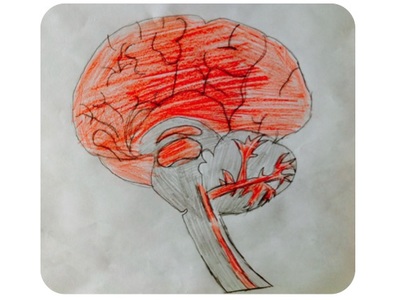The majority of projects in NeuroPsyLab fall under one of these three categories.
From research to application: Develop an accessible digital platform for neurocognitive assessments
The timely identification of cognitive potential is crucial for improved decision-making for education and intervention. As research often takes years to find widespread application, we are expediting the process by making measures we create available to all. What we aim is to program our measures as self-administered digitally based tests. Digitally available self-administered tests have several advantages for educational and clinical practice. Advantages include performing the test at home or in the classroom, it is more cost-effecting, it is more convenient, and provides improved options for monitoring cognitive change.
Cognitive Development: Quantification of mental-attentional capacity
Cognitive abilities improve dramatically over childhood and adolescence. One core cognitive ability that improves with age is mental-attention. Mental-attention corresponds to the amount of information a child can hold and process in mind; it is the maturational component of working memory. What we aim to understand is how and when mental-capacity improvements occur. Can we assign a numerical value to these changes and would this quantification be the same across domains? How is mental-attentional capacity affected in children with cognitive difficulties? In a series of behavioural and neuroimaging studies, we are exploring the mechanisms that drive these changes. A mentor and collaborator on this work is Dr. Juan Pascual-Leone, a developmental psychologist, and constructivist theoretician, with academic roots tracing back to Jean Piaget.
Modeling brain-behaviour relations
What are the brain areas responsible for processing faces, solving mathematical problems, or x? Substitute x with a function that is relevant to an interesting topic we are working on. Neuroimaging research is booming and it is easy to hastily identify studies that may support one hypothesis or another. To really get a sense of the state of the art on a topic we conduct systematic meta-analyses to create topographical models that identify significant concordance across studies.

Artwork with permission by young friends of the NeuroPsyLab.